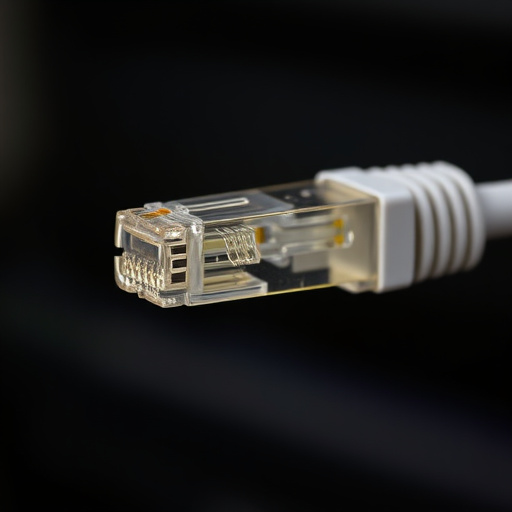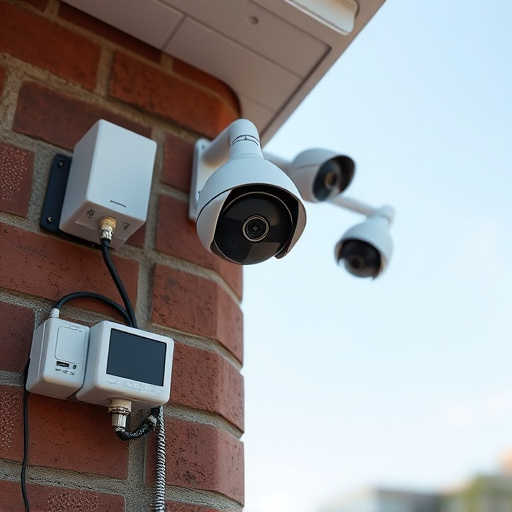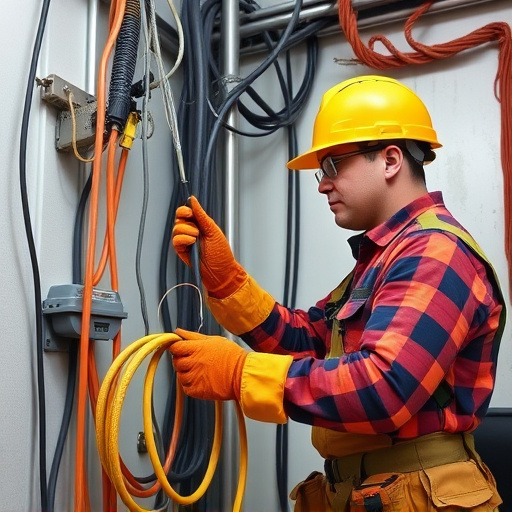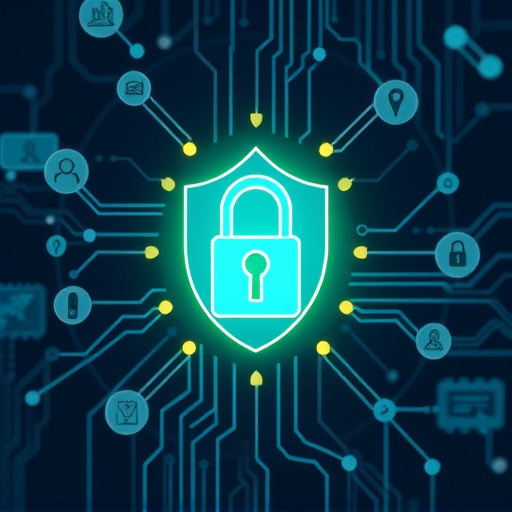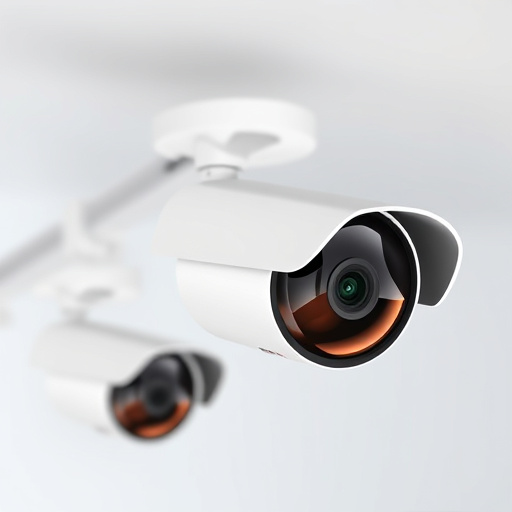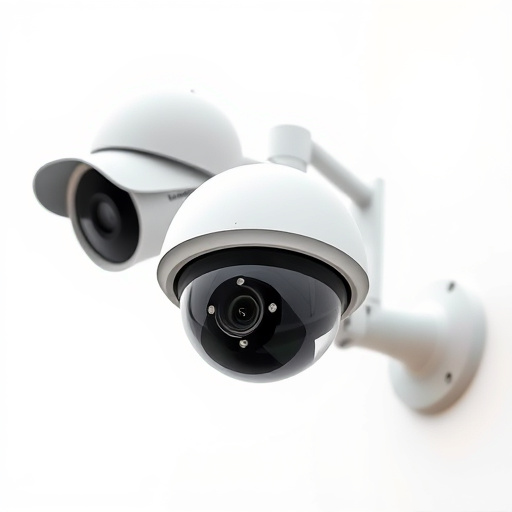In Pittsburgh, PA, navigating legal requirements for Network Cabling Services is crucial for project success and liability avoidance. Adhering to local regulations, building codes, and industry standards involves wiring methods, labeling, EMI protection, and integration with modern security systems. The Pennsylvania Department of Labor & Industry (DOL&I) sets communication and electrical work standards, focusing on safety and quality. Compliance is essential for avoiding potential liability issues and ensuring physical integrity, reliable data transmission, and data privacy in both traditional and cloud-managed security solutions. Best practices include maintaining detailed records and integrating modern security measures like IP cameras to enhance physical and data security.
“In the realm of technology infrastructure, ensuring legal compliance is paramount, especially for bustling cities like Pittsburgh, PA. When undertaking network cabling projects, understanding and adhering to local regulations is crucial for seamless operations. This article delves into the legal requirements specific to Pittsburgh, exploring key regulations and standards that define the landscape of network cabling services in this dynamic metropolis. By following best practices, service providers can ensure their work complies with local laws.”
- Understanding Legal Requirements for Network Cabling in Pittsburgh, PA
- Key Regulations and Standards to Comply With
- Ensuring Compliance: Best Practices for Network Cabling Services
Understanding Legal Requirements for Network Cabling in Pittsburgh, PA
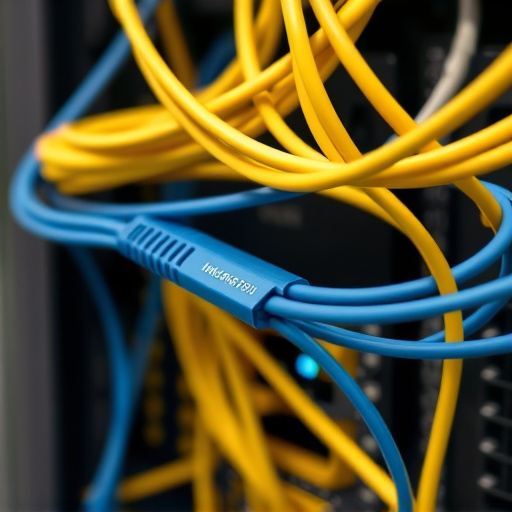
In Pittsburgh, PA, understanding legal requirements for network cabling services is paramount to ensure smooth project execution and avoid costly penalties. Local regulations, building codes, and industry standards govern the installation, maintenance, and upgrades of cabling systems, particularly in commercial and industrial settings. Compliance involves adhering to specific guidelines related to wiring methods, labeling, and protection against electromagnetic interference (EMI). Additionally, integration with modern security measures like security camera installations and surveillance systems must meet the required safety and data protection standards.
Providers of network cabling services in Pittsburgh must be well-versed in these legal mandates, which can vary by project scope and building type. They should employ certified technicians who are trained to install and maintain cables for both traditional and cloud-managed security solutions. Ensuring compliance not only guarantees the physical integrity and reliability of data transmission but also safeguards against potential liability issues related to security camera installations or surveillance systems that could be compromised due to non-compliance with local regulations.
Key Regulations and Standards to Comply With

When undertaking Network Cabling Services Pittsburgh PA projects, adhering to key regulations and standards is paramount. In Pennsylvania, the Pennsylvania Department of Labor & Industry (DOL&I) enforces strict guidelines for communication and electrical work, ensuring safety and quality. These regulations cover everything from wiring practices to labeling requirements, aiming to protect both residents and businesses. For instance, proper labeling of cable pathways and adherence to specific installation standards are crucial, especially in commercial spaces where high-traffic areas require robust and secure network infrastructure.
Moreover, integrating security camera systems and video surveillance into the cabling framework is increasingly mandated by local laws. Pittsburgh’s city codes often specify requirements for security camera installation, emphasizing not only public safety but also data privacy. Network Cabling Services must thus incorporate these features seamlessly, ensuring that every aspect of the installation complies with both state and local regulations. This includes using appropriate security protocols for data transmission and adhering to best practices in securing video surveillance systems.
Ensuring Compliance: Best Practices for Network Cabling Services

Ensuring compliance with local regulations is a top priority for any Network Cabling Services Pittsburgh PA project. This involves understanding and adhering to building codes, electrical safety standards, and data security protocols specific to Pennsylvania. One best practice is maintaining meticulous records of all materials, installations, and inspections throughout the project lifecycle. This documentation not only facilitates smooth regulatory audits but also serves as a safeguard against potential disputes.
Additionally, integrating modern security measures, such as IP security cameras and outdoor security cameras, can enhance both physical and data security for Network Cabling Services Pittsburgh PA projects. These technologies offer real-time monitoring capabilities, deterring unauthorized access and ensuring the integrity of installed network infrastructure. By combining robust compliance practices with cutting-edge security solutions, service providers can deliver reliable, secure, and legally compliant network cabling solutions in Pennsylvania.
When undertaking network cabling projects in Pittsburgh, PA, strict legal compliance is paramount. By understanding and adhering to key regulations and standards, including those set by local authorities and industry bodies, businesses can ensure their installations are safe, effective, and legally sound. Implementing best practices for Network Cabling Services Pittsburgh PA fosters a robust and compliant infrastructure, ultimately benefiting both businesses and their clients.

